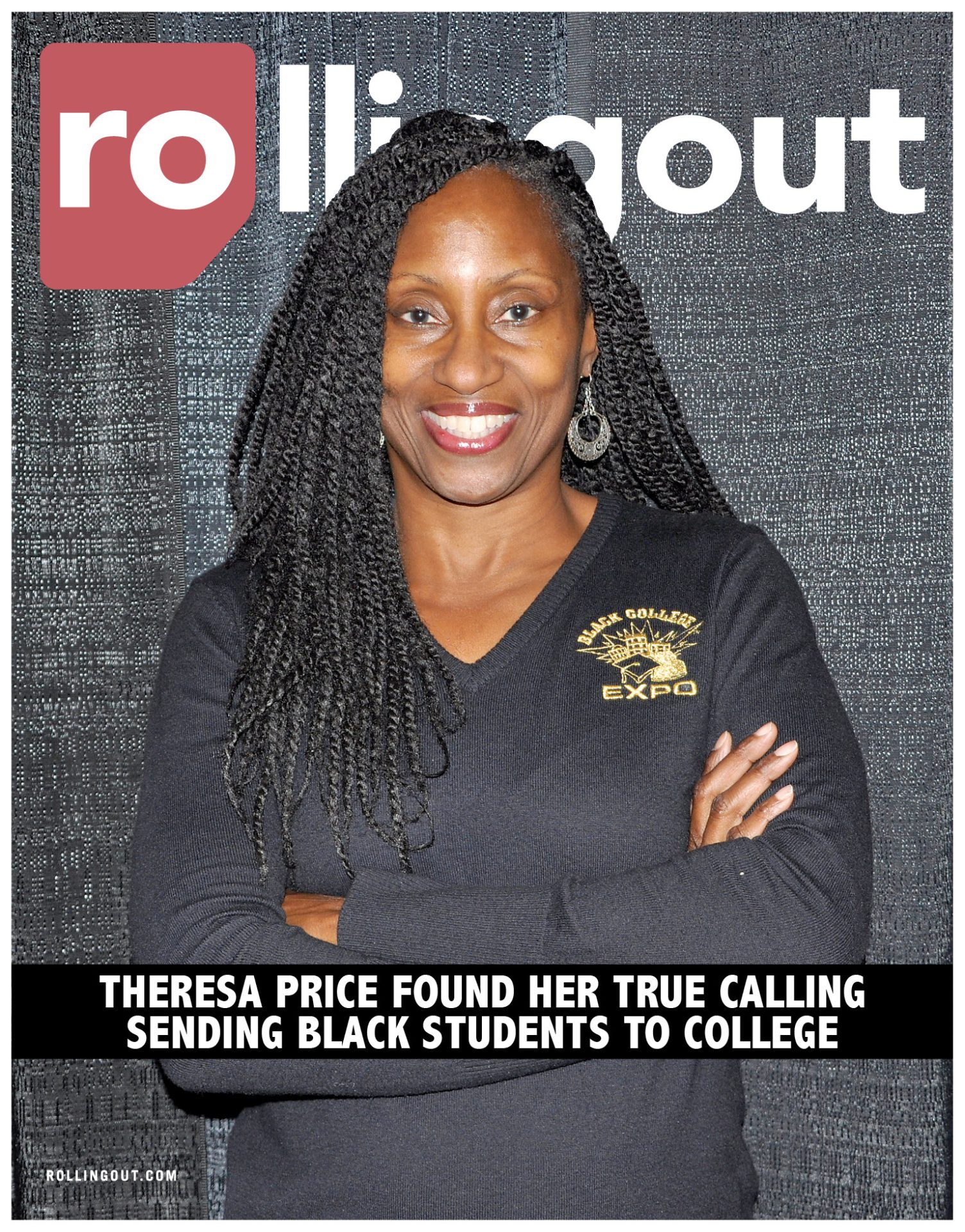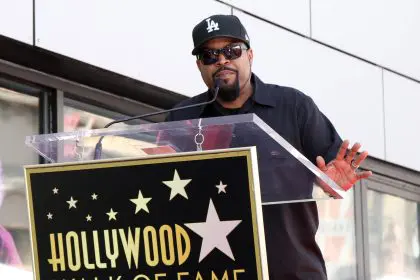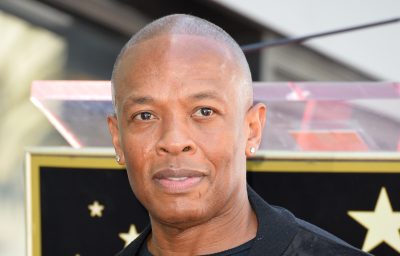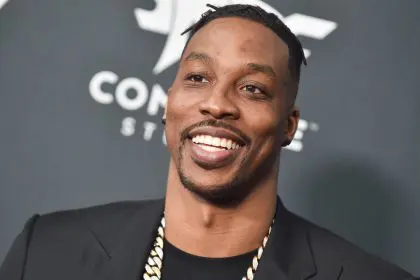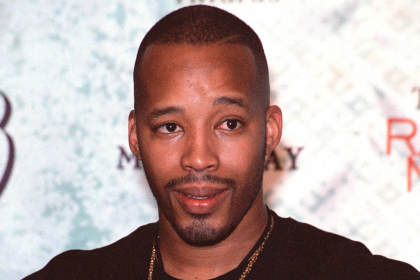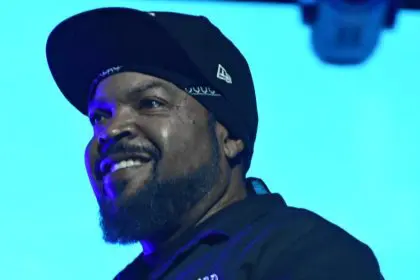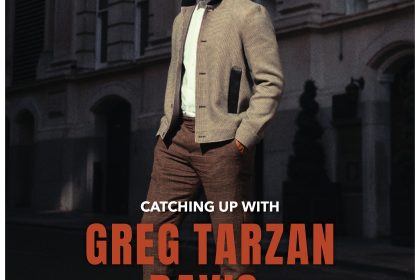
Hip-hop and America were both in the throes of a major transition in 1986. The government found itself fixated on the War on Drugs while also playing a major role in distributing cocaine to poor communities through the Iran Contra Affair. HIV/AIDS changed the dynamics of sexual health and President Ronald Reagan’s Reaganomics policies increased unemployment rates as poverty spread throughout the country.
That year, Compton, California, was a city rife with drugs and poverty, and violence was the by-product as the drug trade fueled battles between the Bloods and Crips. The LAPD’s brutal tactics created an environment where certain communities operated like a police state. It was a story that rarely received ink in the national media. However, it was a truth uncovered through the voices of five young Black inner-city males who had nothing to lose, and all of the world to gain.
N.W.A. kicked in the doors of hip-hop at a time when New York dominated the rap discussion. Dressed in all-black with Jheri curls under their Los Angeles Raiders hats, Eazy-E, Dr. Dre, Ice Cube, MC Ren and DJ Yella introduced the world to “reality rap” while exposing the detriments of merely existing in a poor urban community in America.
Indeed, their debut album, Straight Outta Compton, was a Dickensian take on what America had truly become.
If N.W.A.’s debut exposed the nation to the hardships of inner-city life on the West Coast, the biopic of the same name details the tribulations of the five young men whose personal lives were as turbulent as their music.
Weeks prior to the release of the biopic, Jason Mitchell (Eazy-E); Corey Hawkins (Dr. Dre); O’Shea Jackson Jr. (Ice Cube); and F. Gary Gray (director) sat down with rolling out to reveal how they used art to imitate the lives of the world’s most dangerous group.
[jwplatform zrg5xiOT-cLZpqEsi]
Straight Outta Compton is a film that had been in works since 2002. F. Gary Gray, at what point did you know that this film was ready to be released to the public?
F. Gary Gray: Ice Cube gave me a call, I read the script and thought that it was really good. I also felt like this was my first opportunity to become a journalist and a historian. I have a great relationship with Cube, so I was up for the challenge to be able to get an opportunity to create a snapshot of American popular culture.
What was the process of figuring out the mannerisms of each member of N.W.A.? Jason, I got an opportunity to see the film and you embodied every aspect of Eazy-E. So you go first. How did this come together?
Jason Mitchell: Well, by me not being from California, the first thing I had to do is transform to be able to understand the culture. Compton is not just a culture that you experience everywhere else, so the first thing I had to do was step into that realm and then start with Eazy’s old interviews. But at the same time, I had my guys around me. F. Gary Gray, Cube and Dre kept me on a certain path and they laid everything out for me.
O’Shea Jackson: I would say the easiest part for me is the fact that I live with my character, and I’ve been bred by my character, so I’ve been doing my research for 20 plus years on my character, but they put me through the ringer. They put me through hard work; two years of auditions, callbacks, three different acting coaches and techniques, and also they flew me out to New York to live out there for a week and I had to do boot camp with a cross-trainer just to get in shape.
FGG: I also want to add that there was nothing easy about what these guys had to do with these characters. Everybody had their own share of challenges and they did a great job, but it was extremely hard for them to put the magic on the screen that they did.
Corey Hawkins: It was a long process, but it was a process and a labor of love. I just remember being nervous about taking on the role because it’s Dr. Dre. I remember the first dinner we had with Dre and Gary. And at the end of the dinner, Dre pulled out his iPhone and started showing everybody my audition.
JM: There was a chemistry reading, but there were things that he wouldn’t tell each of us to try to make us keep pushing through that chemistry read. Once we got through the chemistry reading, we started boot camp and O’Shea had to lose weight, Corey had to gain weight, and we all did that together. Corey even had to learn how to DJ, I had to learn how to move mechanically like Eazy-E, and, of course, Shea had to bring a level of energy that’s from the ’80s. We had to do things that brought us together as brothers, and by the time production started, we were N.W.A.
N.W.A. was the first rap group to touch on police brutality. With the recent killings of unarmed Black men, how timely was this film considering what’s happening today?
CH: I always think of art as being a reflection of our reality. We are talking to the humanity in all of us through this movie, and we are pushing the envelope because I don’t think people were ready back then. I still don’t think that people are ready now. This movie opens that dialogue up that we need and it let’s people say this is what we need to be talking about and we should be angry because there’s nothing wrong with a little anger. I’ve dealt with police brutality, and it’s hard being a Black man in America, but we gotta keep that dialogue open.
JM: In the film, it shows police brutality and how you’re treated in different situations. But it also shows the oppression as a whole because they have people behind the scenes as police who aren’t treated like men or don’t feel like they’re amongst brothers. So it’s hard to rub shoulders with somebody who you can’t trust; and they have a code as well because just like we have a no-snitching policy, they have a no-snitching policy, so it’s an issue where people are judging each other off of their different social classes and statuses rather than their character.
I think some people put too much pressure on first week numbers instead of thinking about the overall impact of a film. What will be the impact of Straight Outta Compton 20 years from now?
OJ: This movie is bigger than rap. The messages that are in this movie are something that the human spirit must be reminded of constantly so I don’t think this film will ever be out of date or anything like that because the things that we are trying to embed in people’s minds are things that we need to be refreshed on every now and then, and a powerful movie like ours will inspire and fuel the fire, and I think this movie will stand the test of time.
JM: The thing about telling stories is, if you whisper something in my ear and by the time it gets to Corey, it could be a little bit different. But with this film, we have something that everybody can absorb. It might not be absorbed the same way or depicted the same way, but we gave you the same amount of information and we gave everybody a clear understanding of what’s happening. We can look at the film now and say “hey this is what’s been happening and this is what needs to be changed.”
FGG: Part of the reason why this movie is special to me is because it’s history and not only history in hip-hop, but American history. One hundred years from now, people will wonder what was going on in America in the ‘80s and ‘90s, and this is the group that changed the world. If I don’t make another film, I would feel good about this one because I know for a fact that we did more than just make a movie, we did something special as a group.
Story by A.R. Shaw
Images by DeWayne Rogers


